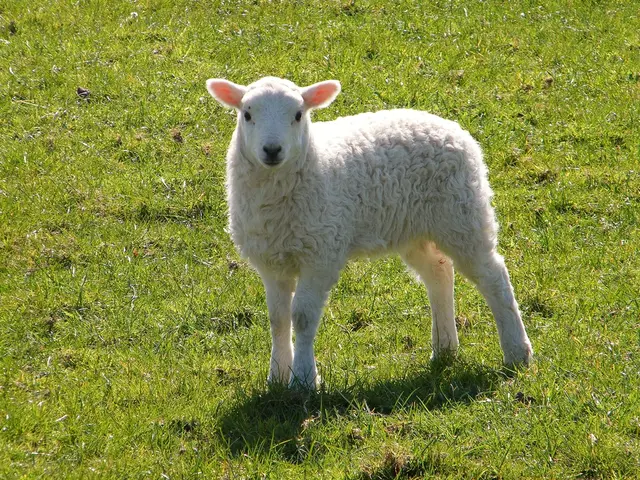Allotment refers to a designated plot of land, typically smaller in size, that is given to an individual or group for farming or gardening purposes.
In the heart of many communities across Britain, you'll find allotments - plots of land dedicated to cultivation, whether it's growing vegetables, flowers, or even keeping chickens or bees. These plots, traditionally measured in rods, have become a cherished part of the countryside, offering a space for individuals to connect with nature and grow their own produce.
For those with limited time for gardening, robust plants like broccoli, cabbage, and rhubarb are ideal choices for allotments. These hardy plants require minimal care, making them perfect for those with busy schedules.
When it comes to acquiring an allotment, there are several ways to go about it. You can search online, look on public noticeboards, enquire at your local parish council office or library, and even check with neighbouring parish councils. Once a local allotment is found, apply to get on their waiting list for a plot.
Privately run sites often offer smaller plots, which may be more manageable for those starting out. These sites can also provide additional services such as seeds, compost, and watering while you're away, although they may come at a higher cost.
Upon securing your allotment, it's essential to understand the rules and responsibilities that come with it. Tenants are usually provided with a tenancy agreement detailing the rules to follow, which often include keeping the plot free of weeds, maintaining tidiness during winter, and not selling allotment produce.
Planning an allotment involves deciding on the layout, including the use of raised beds, planting directly into the ground, incorporating a compost heap or bin, and planning paths wide enough for a wheelbarrow. For a more diverse and attractive plot, consider incorporating flowers to attract pollinators.
The cost of a council-run allotment can be around £30 a year, although privately run sites can cost more. If you have the finances to buy your own piece of land, you can apply for permission to turn it into an allotment and become an allotment landlord yourself.
For expert advice on organic vegetable cultivation and handling and caring for allotment gardens, turn to Charles Dowding. His tips can help you make the most of your allotment and enjoy a bountiful harvest.
Remember, the key to a successful allotment is growing what you eat and enjoy, and being realistic about the time you can dedicate to gardening. With a little planning and care, your allotment can become a source of fresh, homegrown produce and a place of tranquility in your busy life.
For more information on allotments, read Huw Richards' tips on how to look after and enjoy an allotment. Happy gardening!
Read also:
- Harness the Power in Medical Advertising: In-Depth Look at a Database for Surgeons' Emails
- Transforming Romanian hospitality: Stadio Hospitality Concepts, offering more than just dining experiences, but creating iconic landmarks
- Gambling with real money in online casinos within Virginia during the year 2025
- Countries Posing Challenges for Travellers with Regular Food Allergies, as Revealed by Studies








